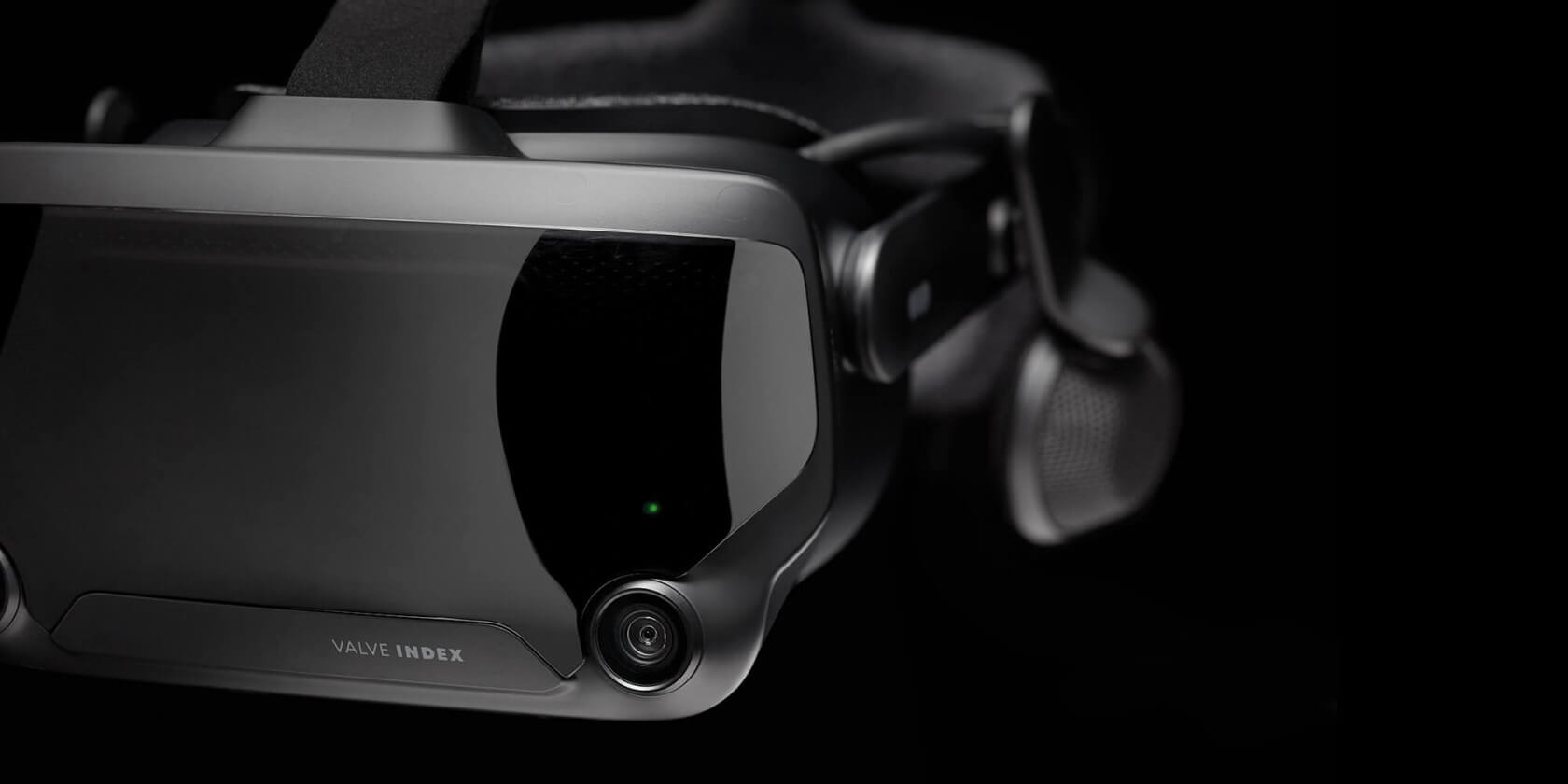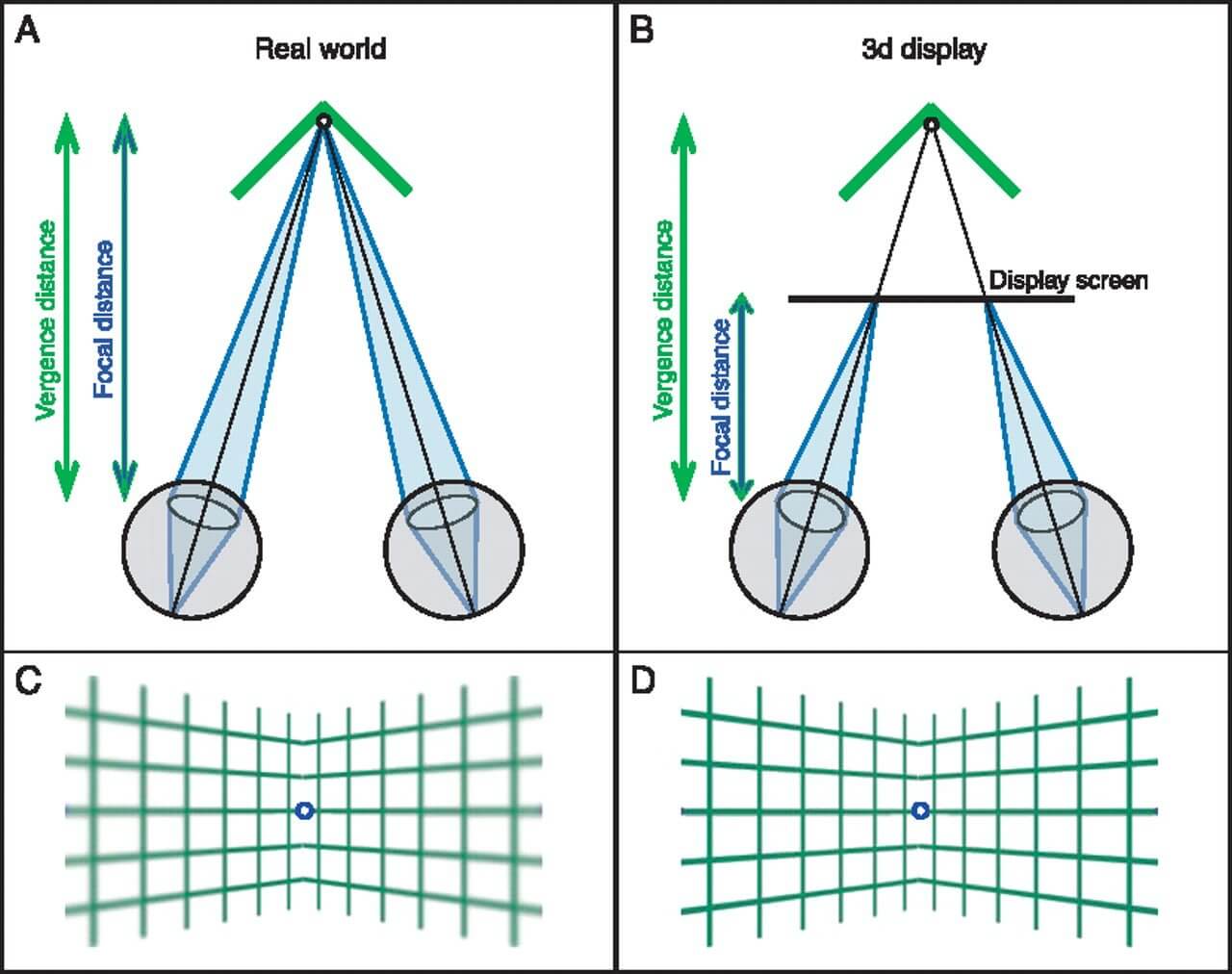A hot potato: It's not uncommon to experience strain and a tinge of nausea during your first VR experience, but it’s generally assumed that you adjust quickly. But one developer, who’s spent four years in a virtual world for work, suspects the opposite: the brain can try so hard to adjust that it gets caught in a half-real half-virtual purgatory that causes permanent discomfort.

Danny Bittman is a twenty-five-year-old Creative Director and Artist who works almost exclusively in VR, and he recently took to Twitter to evaluate his eyesight problems.
Since childhood, Bittman’s had a previously-undiagnosed condition called exophoria, a type of heterophoria. It causes his eyes to unfocus and drift apart, making it somewhat difficult (in Bittman’s case) to read or focus on visual stimuli without getting sore eyes or headaches. The condition is normally static at Bittman’s age, however, he says the severity “has multiplied by 10 since 2016.” His optometrist, a VR user, believes this was caused by VR overuse.
Do you know that feeling you get when you're looking at this kind of cube, and you can't tell if you're looking at the inside or outside of the cube, then for a split second it appears to be both? That's what started happening for me when I looked at everyday objects. pic.twitter.com/S6gdqrD5m1
— Danny Bittman (@DannyBittman) June 10, 2020
He writes, “it's almost like my brain has gotten so used to translating a 2D image in VR into a 3D image, that when I see a flat pattern outside of a headset, my eyes work really hard to perceive it as 3D.”
Bittman’s second condition is a vergence-accommodation conflict. Eyes ‘converge’ together when they rotate to point at what you’re looking at, so if you’re looking at something directly ahead then your right eye tilts left and your left eye right. But then they need to individually ‘accommodate’ by bringing the object into focus. Because these two processes are defined by the distances between you and the object, the brain associates them together.

Via Hoffman et al. Journal of Vision 2008
However, in VR these two processes aren’t related. The user’s eyes converge to virtual distances (possible because the two screens in a headset show slightly different images) which is fine. But the focus distance stays constant because it’s a physical attribute of the lenses used within the headset. The brain stops trying to re-focus when a user looks at new objects because it doesn’t need to. However, when the headset is removed, the brain isn’t sure where to focus anymore.
For casual users, this means a few seconds of disorientation, but it can become a permanent condition. Vergence-accommodation conflicts aren’t limited to VR users of course, and special glasses help mitigate the issues, but there’s still inconveniences.
Bittman adds that he believes that the low framerates he deals with as a developer further contribute to the problem. “If you’re working in a VR scene and the FPS gets jumpy, don’t try to ‘suffer through it.’ Save your work and take the headset off,” he recommends. He’s tweeted a comprehensive guide to eye care for VR professionals.
“I may be wrong about which aspects of VR caused this. But there is without a doubt direct correlation to my VR usage and what I’m experiencing.”
https://www.techspot.com/news/85618-developer-blames-vr-severe-eyesight-damage.html

